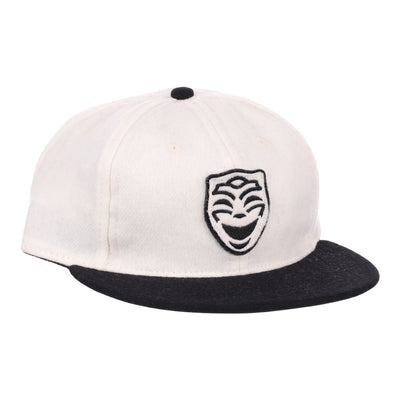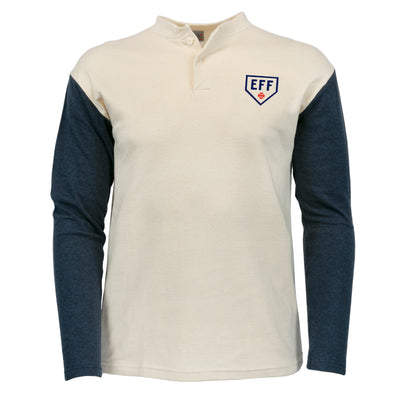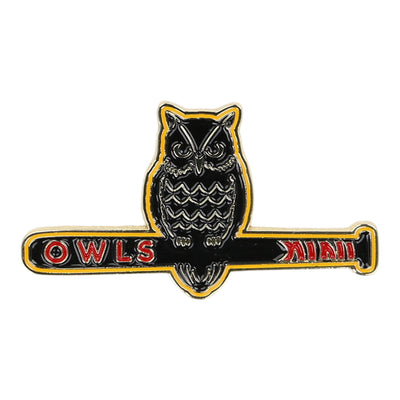
When 11-year old Maria Pepe joined the Hoboken Young Democrats Little League squad in 1972 under then coach Jimmy Farina, she had no idea that she would become a women’s rights icon, a trailblazer, and a pioneer. All she wanted to do was to play ball. And she did – for three games, with seemingly no controversy.
But when the men who ran the Williamsport, PA-based national Little League organization got word that a girl was playing what they considered a boys’ game, they acted swiftly.
Little League, who had passed a rule against girls playing in 1951, threatened to revoke Hoboken’s Little League charter unless Maria was removed from the Young Dems squad.
Unlike the unwritten rule which kept Black players out of “organized” baseball until 1947, the Little League clause was specific: “Girls are not eligible to participate under any circumstances.” To add insult to injury, Maria was asked to turn in her uniform (she was allowed to keep her cap). Her dream of being a Little League pitcher was over.

But this was 1972, the women’s movement was gathering steam, and all kinds of barriers were falling for women across the country. The National Organization of Women teamed up with Maria’s parents and filed a discrimination complaint with the New Jersey Division on Civil Rights and decided to challenge Little League’s all-boys rule in court.
Title IX had just been passed in June, 1972, and in 1973 New Jersey Superior Court Judge Sylvia Pressler ruled in Maria’s favor. In Judge Sylvia Pressler’s decision she wrote “Little League is as American as the hot dog and apple pie and there is no reason why this part of Americana should be withheld from girls.”

Because Little League used public fields, they were guilty of discrimination in public accommodation. In their appeal, Little League presented dubious evidence of girls’ supposed inferior bone strength, reaction time, etc., but the original decision was upheld. By this time Maria could not benefit from the decision, as she was too old to play, but the ruling ultimately paved the way for girls to play Little League baseball.
I admit that we were unaware of this story until a few months ago. Fascinated, we tracked down Ms. Pepe, now Assistant Comptroller for the City of Hoboken, to ask her about her experiences. You can still hear the heartbreak in her voice when she talks about having to turn in her uniform.
Maria's strength of character and love for the game was obvious when we spoke. "I always say I get to play forever through all the girls who came after me," she said.

Maria has received many accolades since the 1972 controversy: the City of Hoboken honored her with a new batting cage dedication at the same Little League field where she played in 1972.
In a gesture rich in irony, she was asked to throw at the ceremonial first pitch at the 2004 Little League World Series which was the 30th anniversary of the ruling.
And her original cap now resides in the National Baseball Hall of Fame Museum in Cooperstown, New York. Her original baseball glove is in the Little League Museum. Her story is so important in the field of women’s sports that the Nixon Presidential Library has included an exhibit about her Little League experience.
We are pleased to offer a reproduction of Maria Pepe’s cap and jersey (complete with her #9) and a Hoboken Young Dems t-shirt, and we salute this unwitting trailblazer, who just wanted to play ball but became a hero.
Watch Maria Pepe on The Today Show, with an interview live on the Plaza at Rockefeller Center.











